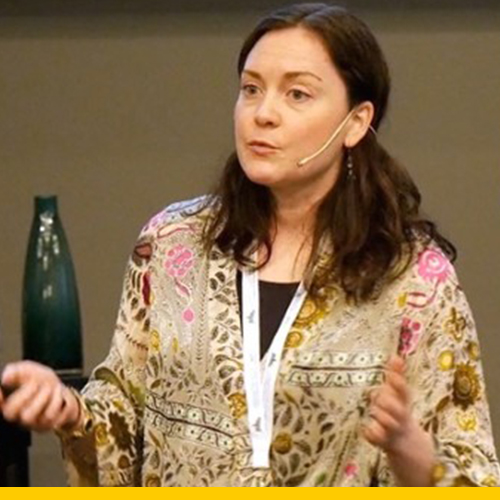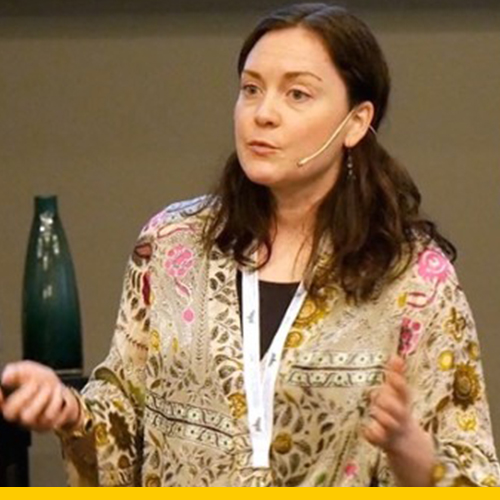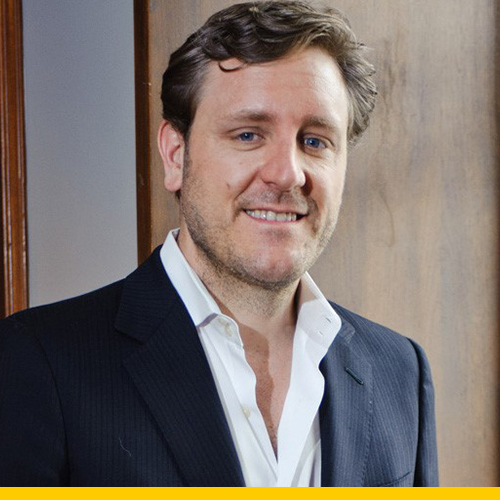
Host Bruce Perkin and guest speakers Danielle Gallet and John Robinson examine different aspects of water, and how to ensure water quality and safety. What would the current water shortages in the southwest U.S. look like if it spread to the rest of the country? Are water-related problems taken seriously? How willing are consumers to reuse water? Listen as the guest speakers answer these questions and more!
Danielle Gallet is a water resource strategist and urban planner with over twenty years of project and business management experience. She was the Director of Water Resources for the Metropolitan Planning Council in Chicago before founding her own consulting firm, Waterwell. Gallet is also an Adjunct Instructor at the University of Illinois at Chicago.
John Robinson operates at the intersection of technology, venture investing, and water/ wastewater. He has experience in most end-user markets and has worked across nearly every technology vertical. John completed undergraduate studies at Denison University and graduate research at Johns Hopkins University.
Bruce Perkin is the principal scientist and operator of Robust Food Solutions LLC, a food science-based consultancy that has operated since 2017, providing strategic advice and hands-on support to food businesses in the areas of quality systems and food safety, innovation, product development, and organizational design.
Bruce is a Certified Food Scientist, a Certified HACCP practitioner, and is a Certified Manager of Quality and Organizational Excellence through the American Society for Quality. He is also a Preventative Controls Qualified Individual under the FSMA regulations. He has completed Food Defense training through the FDA and the FSPCA. Bruce is a past Chairperson of the Dallas /Fort Worth chapter of IFT, and also a past Chair of the Food Service Division of IFT. In addition, Bruce is a part-time Adjunct Professor at Texas Womens’ University teaching NPD, Food Science and Food Safety to Culinology students.
Latest News

April Content Spotlight: AgTech
Stay up to date on the latest topics and trends in agricultural technology with IFT's featured resources, from blogs to peer-reviewed articles to on-demand videos.

How to Achieve EPR-Forward Packaging
In this two-part series, the author explores the history of Extended Producer Responsibility (EPR), what is needed to help EPR succeed, and how brands can best prepare for EPR.

Smart Steps to Peak Traceability
Creating an effective road map to advance your food traceability program is key to overcoming data, process, and stakeholder challenges.

Investing in African Heritage Foods
Foods from the African continent, such as millet and hibiscus, are starting to trend in Western diets. WANDA cofounder Tambra Raye Stevenson says that these foods could help solve the nutrition crisis.
Tapping the Healing Power of Food
IFT's Anna Rosales reports back on the inaugural Food is Medicine Summit, a key milestone in the national strategy to end hunger and reduce chronic disease by 2030.
Recent Sci Dish Episodes

EP 11: The Challenge of Water
Water is a critical resource for growing and processing food. This episode discusses the challenges we face regarding water, and present and future solutions to resolve them.






